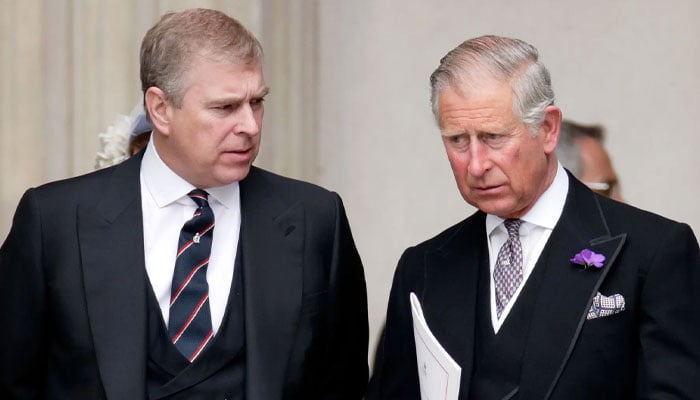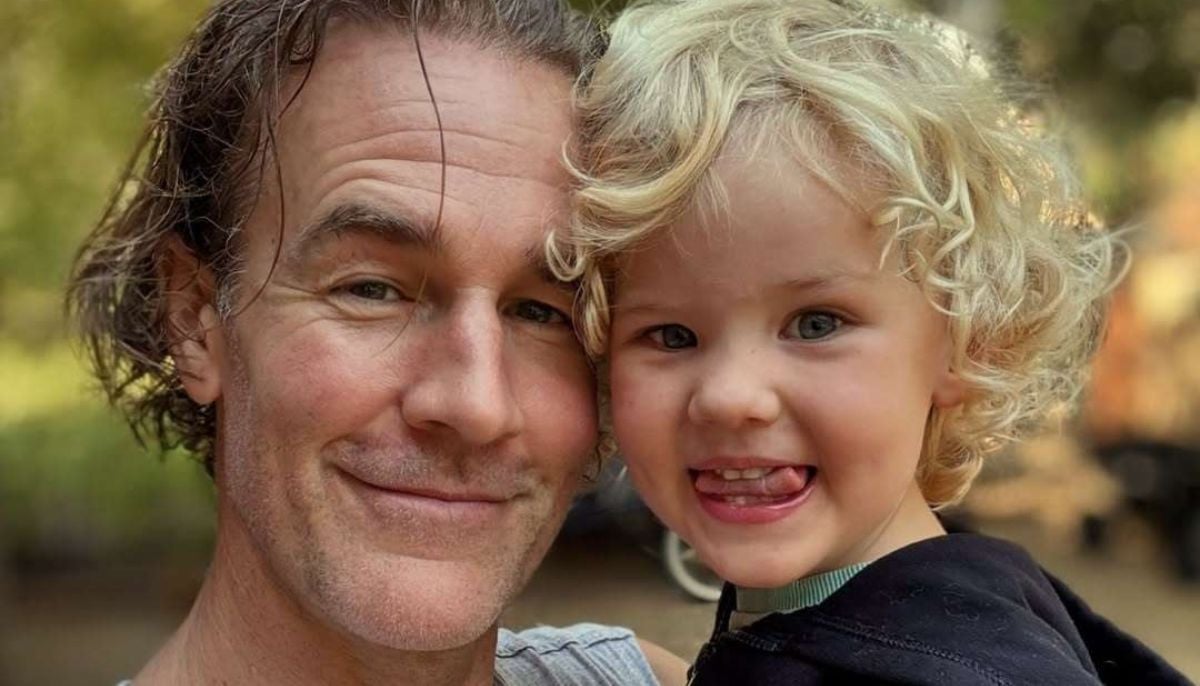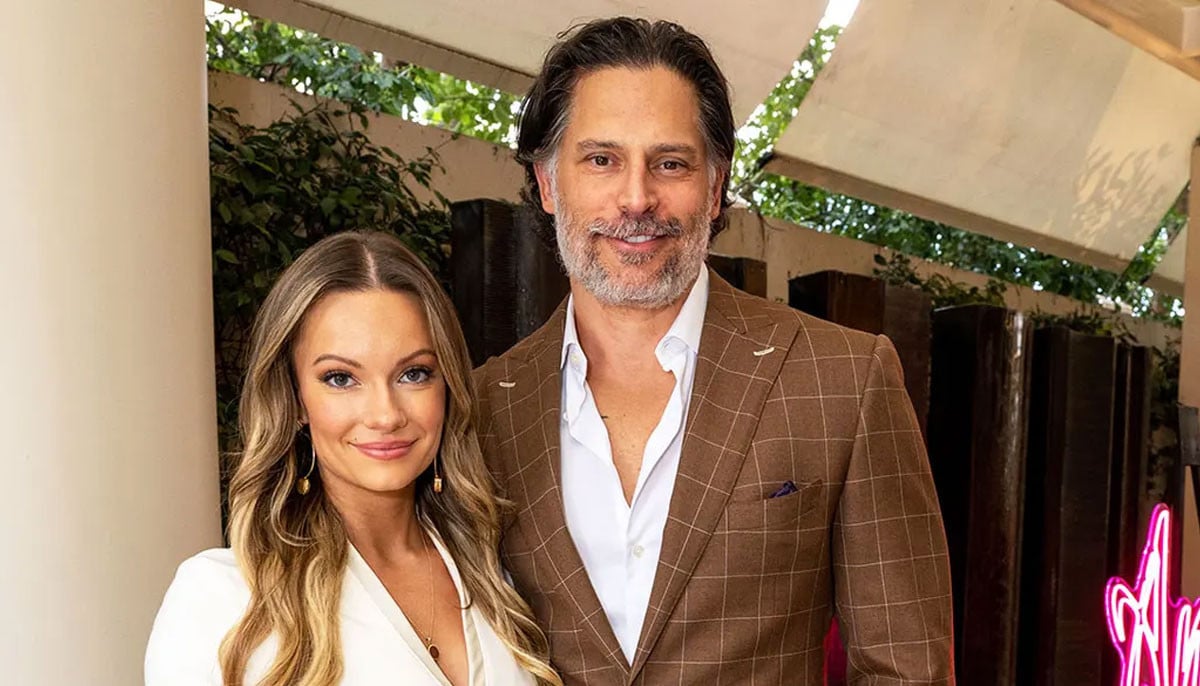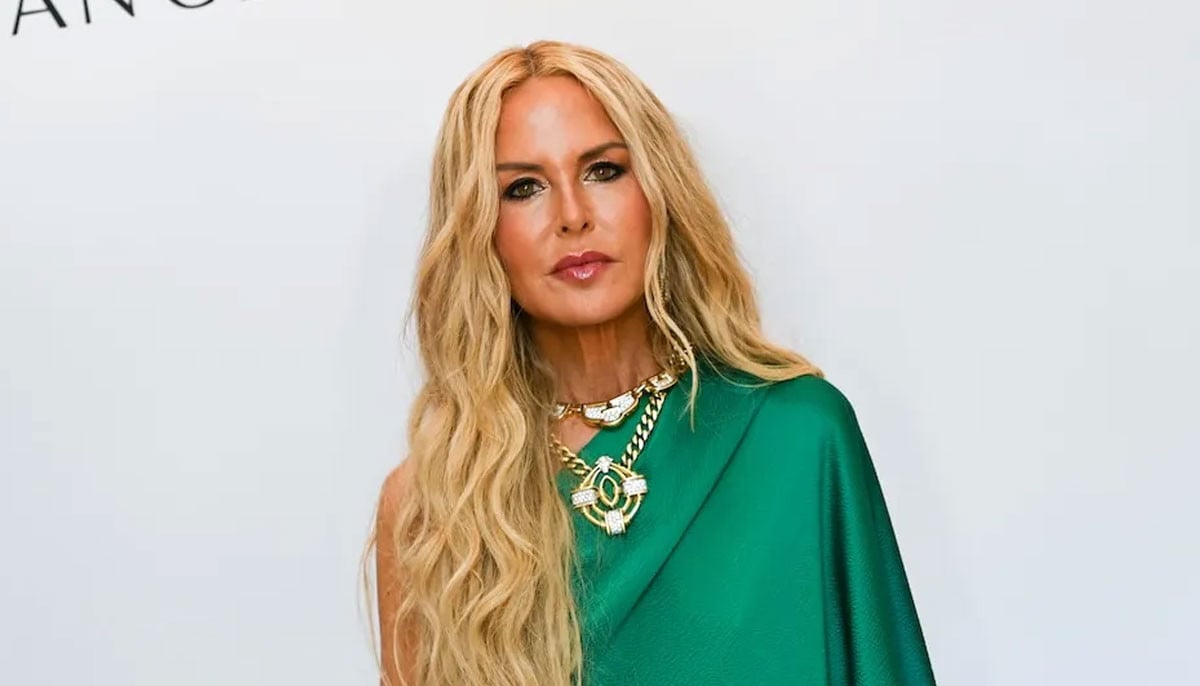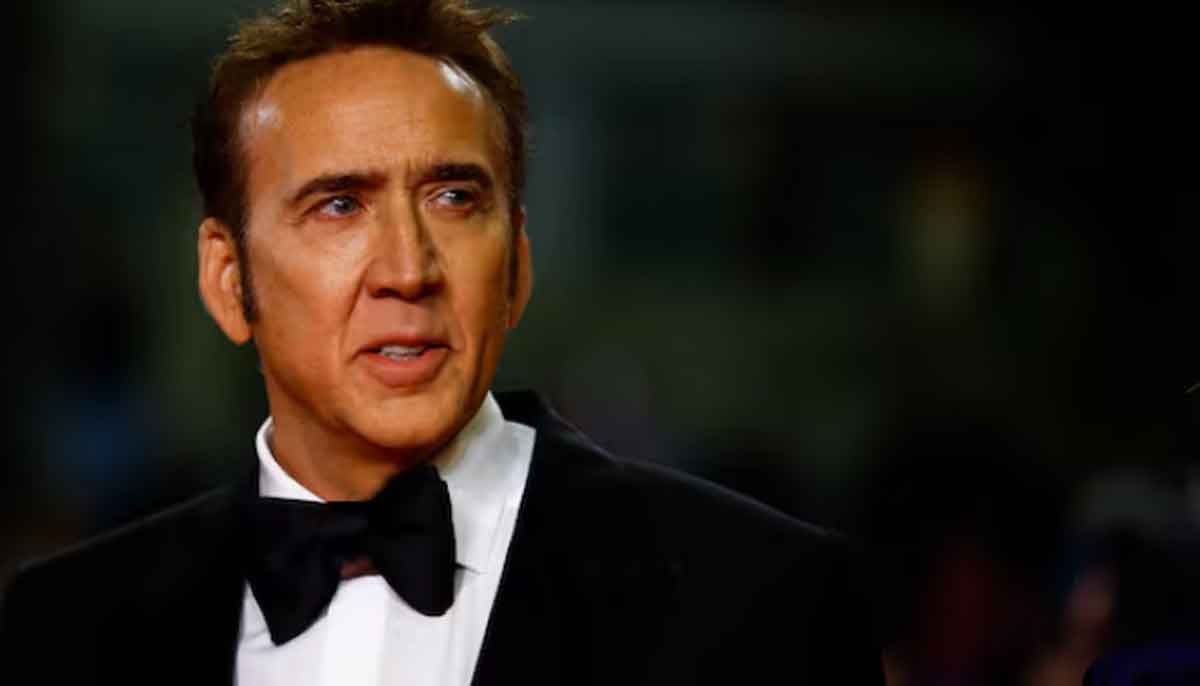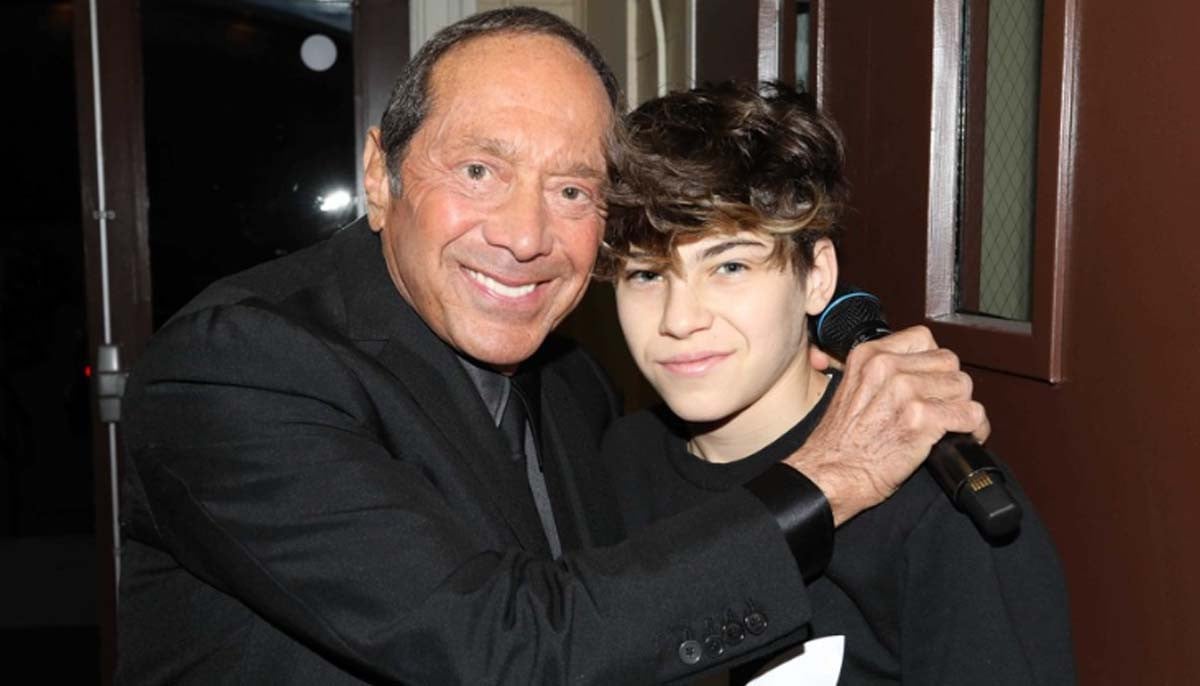King Charles’ ‘spare’ Prince Andrew is ‘stubborn’ and ‘obsessed with status’
King Charles and Prince Andrew have had a rivalry brewing since before the monarch decided to evict his brother
King Charles and Prince Andrew seem to be at an impasse with their rivalry as they continue to feud and find no resolution of the Royal Lodge situation.
The Buckingham Palace had announced the eviction of Prince Harry and Meghan Markle from their Windsor residence, Frogmore Cottage, back in February of this year. The property had been a wedding gift to the Sussexes from the late Queen Elizabeth II.
Later on, news reports suggested that Prince Andrew was being evicted from the Royal Lodge and will be asked to move to Frogmore.
However, according to a royal expert and biographer Andrew Lownie, it is unlikely that the disgraced royal will ever leave his 30-bedroom home that he has lived in for two decades.
Lownie told Express.co.uk Andrew had “weathered worse storms” before his brother trying to boot him out of his home.
Andrew had been stripped off of his titles and royal privileges after his involvement in the Jeffery Epstein sex scandal was exposed.
“I can’t see them moving. Andrew is stubborn, obsessed with status, has a contract with Crown Estate and sufficient money to support upkeep,” Lownie said of Andrew.
“He’s weathered worst storms. I fear part of a longer narrative and rivalry with King Charles going back to childhood and involving appearances on balconies, protection and roles for his daughters.”
He added, that during their childhood Andrew acted as the ‘spare’ to Charles’ ‘heir’, a dynamic has now been a cause of rift between Prince William and Prince Harry.
As they are further down the line of succession Andrew’s daughters Princess Beatrice and Princess Eugenie are not working members of the Firm, meaning they are not entitled to state-funded security and have to financially support themselves.
-
Caitlin O’Connor says fiance Joe Manganiello has changed Valentine’s Day for her
-
Rachel Zoe sends out message for womne with her post-divorce diamond ring
-
Brooks Nader reveals why she quit fillers after years
-
Travis Kelce plays key role in Taylor Swift's 'Opalite' remix
-
JoJo Siwa shares inspiring words with young changemakers
-
Premiere date of 'Spider-Noir' featuring Nicolas Cage announced
-
Pedro Pascal's sister reveals his reaction to her 'The Beauty' role
-
Paul Anka reveals how he raised son Ethan differently from his daughters
